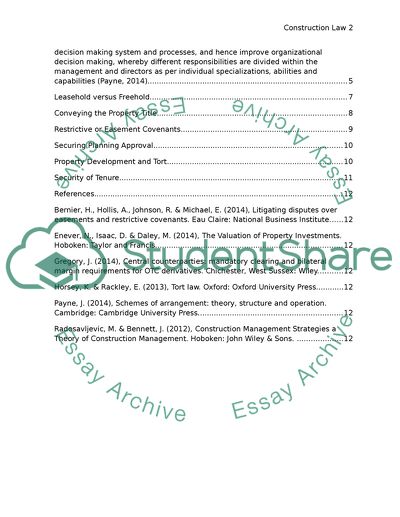Cite this document
(“Construction Law Assignment Example | Topics and Well Written Essays - 2500 words - 3”, n.d.)
Construction Law Assignment Example | Topics and Well Written Essays - 2500 words - 3. Retrieved from https://studentshare.org/law/1694689-construction-law
Construction Law Assignment Example | Topics and Well Written Essays - 2500 words - 3. Retrieved from https://studentshare.org/law/1694689-construction-law
(Construction Law Assignment Example | Topics and Well Written Essays - 2500 Words - 3)
Construction Law Assignment Example | Topics and Well Written Essays - 2500 Words - 3. https://studentshare.org/law/1694689-construction-law.
Construction Law Assignment Example | Topics and Well Written Essays - 2500 Words - 3. https://studentshare.org/law/1694689-construction-law.
“Construction Law Assignment Example | Topics and Well Written Essays - 2500 Words - 3”, n.d. https://studentshare.org/law/1694689-construction-law.


